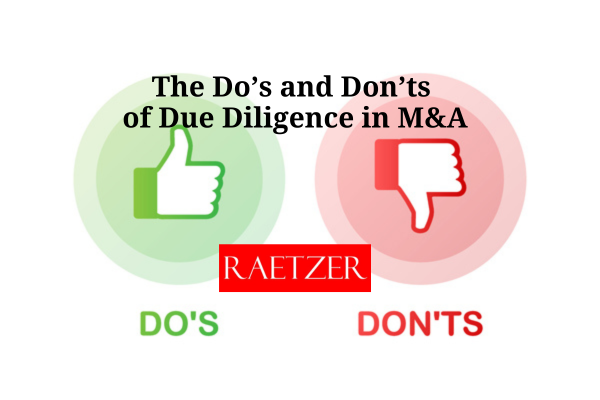Building a business from the ground up requires significant time, effort and, most importantly, money. For many entrepreneurs, securing venture capital or support from angel investors is a critical step in turning their vision into reality. Seed-stage funding plays a key role at the very beginning, offering the resources needed to determine whether that initial spark of an idea can transform into a viable business.
While securing early investment can provide an essential boost, it’s not without its risks. Before diving into the world of seed-stage funding, entrepreneurs must carefully evaluate whether this path aligns with their goals.
What Is Seed-Stage Funding?
Seed-stage funding marks the starting point for many venture capital investments. At this stage, funds are typically allocated for essential activities such as:
- Market Research
- Product Development
- Initial Business Expansion
Seed funding is generally smaller in size compared to later-stage investments – in the neighborhood of $1 million. This funding can provide the critical push startups need to gain momentum. Yet, it comes with trade-offs: founders may have to give up equity, share decision-making power with investors and possibly relinquish control over the business before they are ready.
Is Seed-Stage Funding Right for You?
To decide if seed funding is a good fit for your startup, ask yourself the following questions:
1. Do You Really Need It?
While securing $1 million in funding might sound ideal, it’s worth noting that most small businesses succeed without venture capital. Only a small fraction of the businesses launched annually receiving seed funding. Many entrepreneurs rely on personal savings, family or friends for financial support.
2. Are You Ready to Share Ownership?
Accepting venture capital or angel investment often requires giving up a portion of your equity. This means you may need to consult investors for major decisions, potentially limiting your control over the business’s direction. Consider whether maintaining full ownership is more important than accelerating growth.
3. Are You Fully Utilizing Your Network?
Sometimes, the expertise and guidance of your professional network can be more valuable than cash. Mentors, former colleagues, and industry connections may provide critical advice, support, and opportunities to navigate the challenges of early-stage business development without requiring an equity stake.
5 Sources of Seed-Stage Funding
If you decide to pursue seed funding, here are five common avenues to explore:
1. Angel Investors and Venture Capital Funds
Angel investors and micro VC firms specialize in supporting startups during their early stages. Super angels and genesis VC rounds are particularly focused on nurturing new businesses. These investors often provide not just funds but also strategic guidance and mentorship.
2. Crowdfunding Platforms
Simply Google “crowdfunding” and you’ll find dozens of platforms that allow entrepreneurs to raise funds while testing market interest. If possible try to find a platform that has a history of funding your particular niche.
3. Corporate Seed Funds
Many large corporations offer seed funding through specialized programs. As with crowdfunding, try to find a company that is in the niche you’re trying to break into. The added benefit of this is the company may be actively funding startups in their niche in order to find future acquisitions (always think about your exit!).
4. Business Accelerators and Incubators
These provide small investments, mentorship and resources in exchange for equity stakes. Startup incubators and accelerators across the country offer hands-on support to help early-stage companies thrive.
5. Federal Government Programs
The Small Business Administration (SBA) offers various funding programs designed to support small businesses. These programs can provide financial assistance without requiring founders to give up equity. The only drawback here is these programs often require a personal guaranty.
In short, seed-stage funding can be a powerful tool for launching a startup, but it’s not the only path to success. Carefully assess your business’s needs, your willingness to share control, and the potential value of your network before seeking investment.
If you choose to pursue seed funding, explore the various options available, from angel investors to crowdfunding platforms, corporate programs, accelerators and government initiatives. With the right approach, seed-stage funding can help turn your entrepreneurial dreams into reality.




